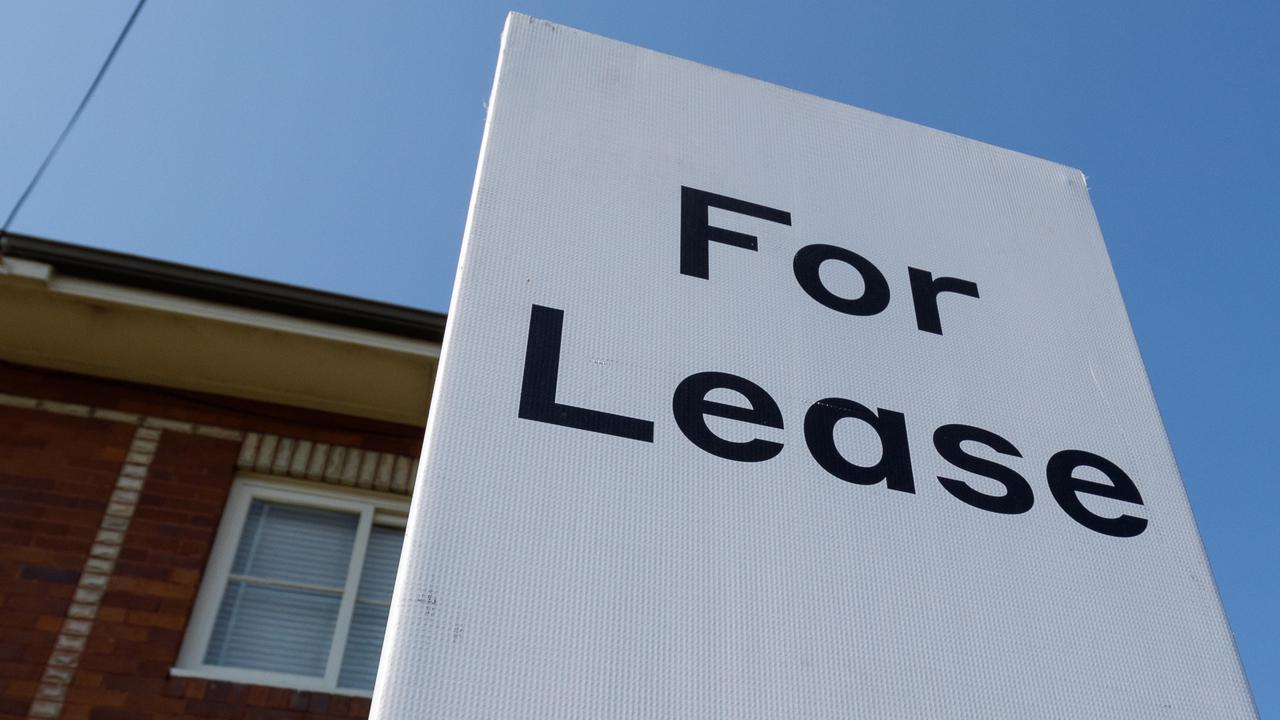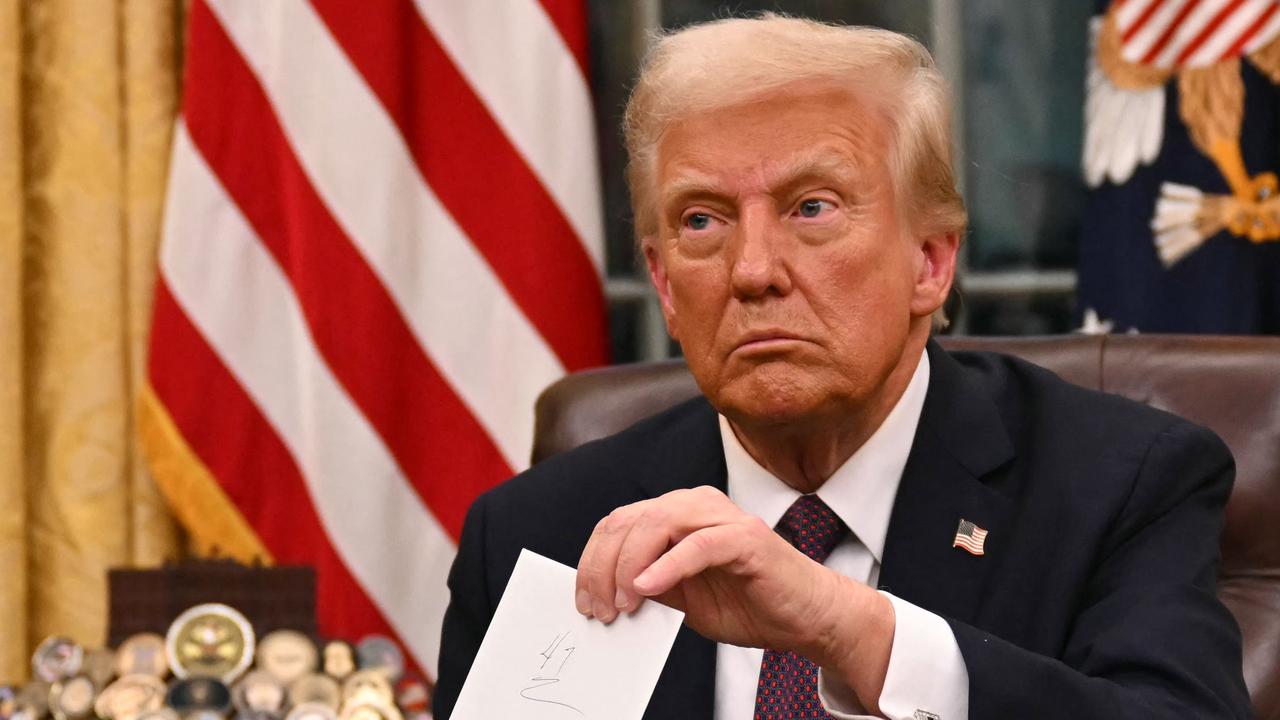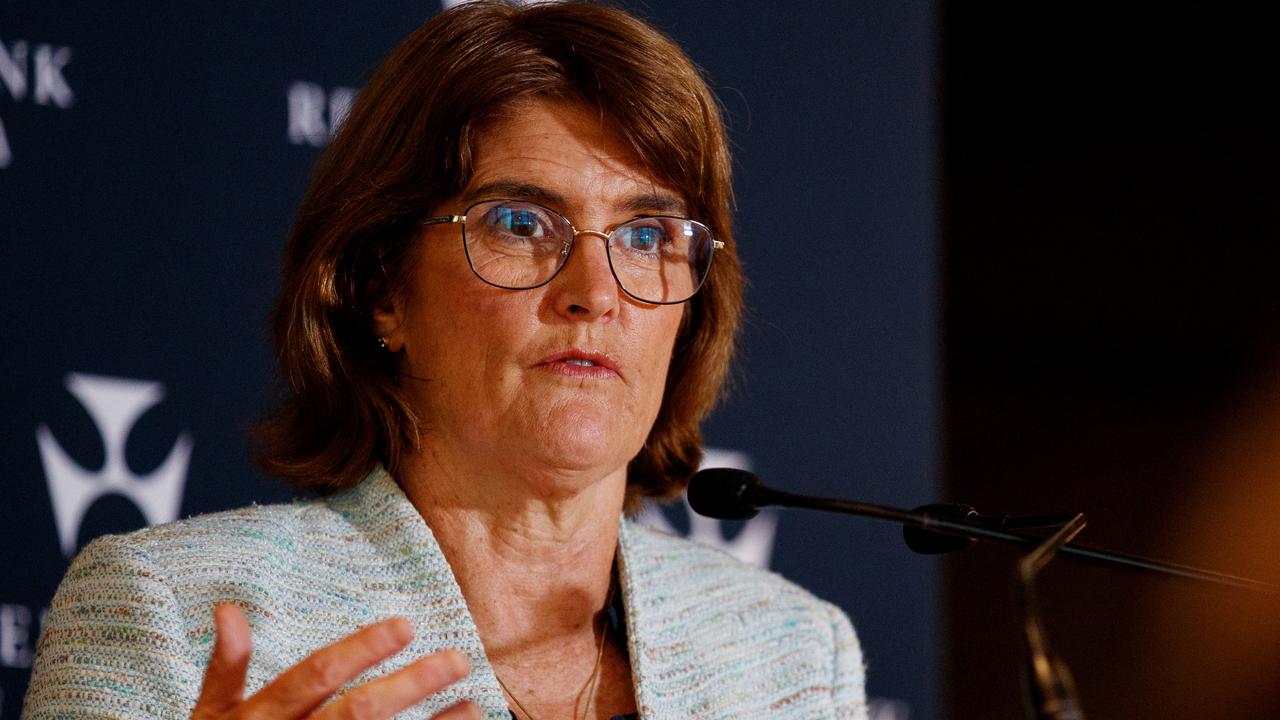Labor slammed for ‘cancer nurse’ robocall
LABOR has been slammed for a “grubby” robocall which describes a “vote for Labor” as a “vote for cancer patients”.
VOTE Labor or you’ll die of cancer.
That’s the message bombarding households in a what’s being described as a particularly “grubby” robocall playing up Labor’s “Medicare privatisation” scare campaign.
“I’m an oncology nurse,” the recorded message begins.
“I care for people suffering from cancer. The earlier cancer is detected, the better chance a patient has to survive. But if the Liberals privatise Medicare, people may not be able to afford to see their GP when they need to. This will result in lower rates of early detection, jeopardising people’s chances of beating the disease.
“When you vote at this election, vote for my patients. Vote for the more than 130,000 Australians who will be diagnosed with cancer this year. Vote for Labor to protect Medicare and avoid the Americanisation of our healthcare system. Thank you for your time.”
Labor claims it is not responsible for the ad, but a spokeswoman said: “The Australian people deserve to know the truth about Malcolm Turnbull’s attack on universal healthcare.”
The Australian Council of Trade Unions, the Australian Nursing & Midwifery Federation and the NSW Nurses and Midwives’ Association all denied responsibility when contacted by news.com.au.
Malcolm Turnbull accused Bill Shorten of “lying to older Australians”.
“The real issue is that Mr Shorten has been caught out lying, hasn’t he?” he told reporters on Friday. “He has been lying about Medicare and he’s been caught out. He was asked to put his hand on his heart and repeat his lies and he wouldn’t.
“He’s been caught out lying and he’s been lying to older Australians — having people on behalf of the Labor Party and the unions, calling them up in the evening, frightening them with these lies.
“Now if somebody is running for Prime Minister and they’re prepared to lie about something as important as that to vulnerable Australians, how can you trust anything else he says?”
Speaking to 2GB on Thursday night, Liberal Senator Cory Bernardi described the ad as “a terrible step in the wrong direction”.
“And so too was Bill Shorten’s attempt to go to a hospital and talk to young children with cancer and say we’ll fix hospitals,” he said. “It’s really grubby politics, it’s beneath what Australian people want to see in their politicians.”
Senator Bernardi said he had “seen some pretty grubby stuff in elections over the years”. “I think they’re trying to catch your attention because the Australian public isn’t buying anything that Labor is peddling,” he said. “Labor are doing whatever it takes.”
The Australian Medical Association has refused to comment on the robocall. Yesterday, AMA president Michael Gannon called out the scare campaign, saying that outsourcing the payments system would “in no way” amount to a privatisation of Medicare.
“The idea that you might outsource the payment system to the private sector is in no way the privatisation of Medicare,” Dr Gannon told The Australian. “The current system is old and many elements of it date well back to the early 1980s. They’re antiquated, they’re rusty and the system needs substantial investment.”
It comes after Mr Shorten refused to repeat his claim that the Coalition would privatise Medicare in a tense interview with ABC presenter Leigh Sales. Asked where on the Liberal Party website one would find details of such a policy, Mr Shorten avoided directly answering the question.
“Well if you have a look at the taskforce which they set up, whether or not the Liberals have put it on their website doesn’t change the truth that they are spending $5 million of taxpayer money to privatise the payment system of Medicare,” he said.
“That’s not privatising Medicare though, is it?” Sales asked. “Given your record, aren’t voters smart to distrust you?”
Grilled on Sunrise this morning, Labor frontbencher Anthony Albanese said privatisation was “part of [the Liberal Party’s] DNA”.
“The big divide in Australian politics is Labor that believe in the public health care system at the front, as the centrepiece of health policy, and the conservative forces who really don’t believe in Medicare, who’ve never believed in Medicare, who support private health care on the ability to pay, rather than based upon need,” Mr Albanese said.




